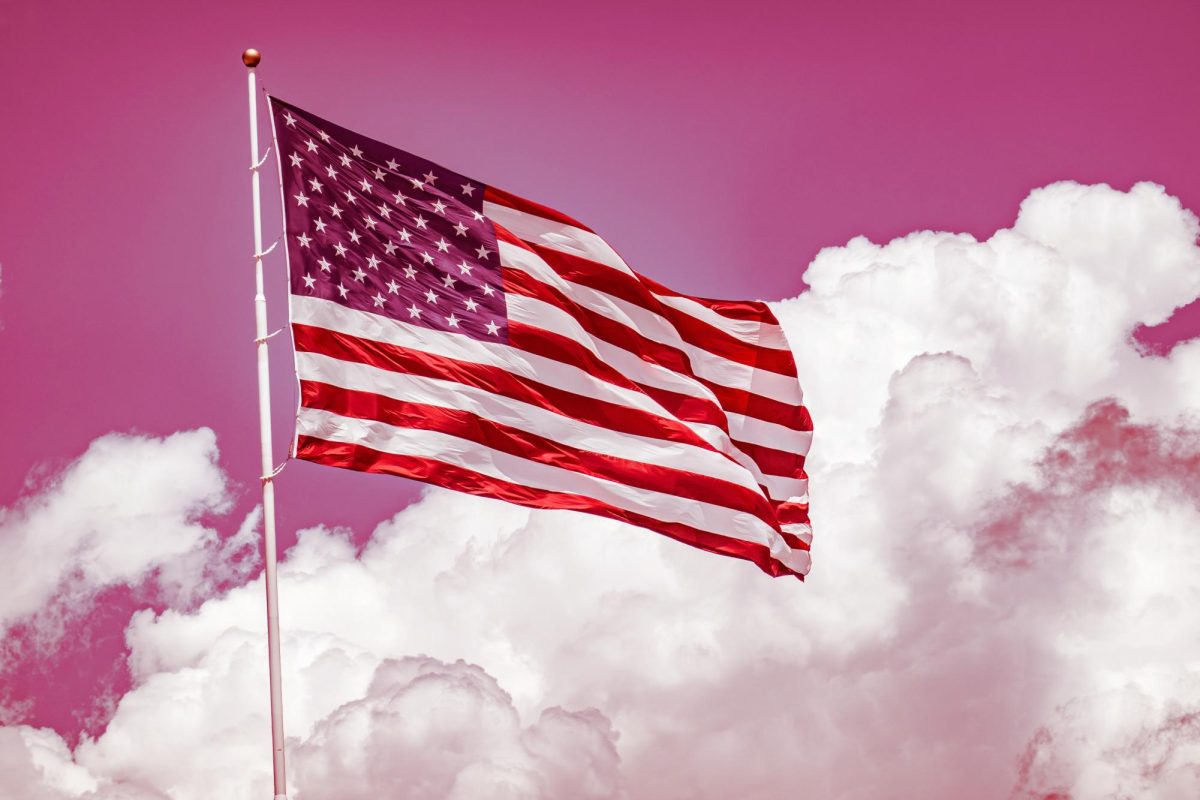The Electoral College has been a staple in American democracy since the founding of the country, but does that necessarily mean it is the best way to go? Keeping a system in place because of tradition neglects to fully consider if the system is actually benefiting the American people.
In this country, every other election is decided by a popular vote, so why should the presidential election be any different. It just makes the most sense; the most favored candidate nationally should win the election and become the president. Additionally, because of the way that the electoral college works, small states get extra votes, according to a June 10 NPR article. However, proponents of the electoral college argue that the electoral college amplifies the election as it forces candidates to campaign more heavily in battleground states, according to NPR. While this may be true, the nature of the electoral college means that candidates ignore states that are safely one party, like New Jersey or Texas, as they know there is no changing the outcome.
Another issue with the electoral college is that not everyone’s vote counts. New Jersey is a blue state, but that does not mean that every person in New Jersey votes blue. In fact, in 2016, 41 percent of New Jersey voters voted for Donald Trump, according to a 2020 New York Times article. Without the electoral college, every single person’s vote would count equally. On paper, this would allow for the fairest election. Each person would have one vote and the candidate with the most votes would win. However, if this were to happen candidates would only visit and campaign in states with the most population, in the states where they could make the biggest impact. Just like in the electoral college, states are going to be left out, but at least with the popular vote, every single vote counts. The electoral college is no longer the best system for American elections and it is time to refine the way that voting is done to make it the most fair and simple for everyone.




